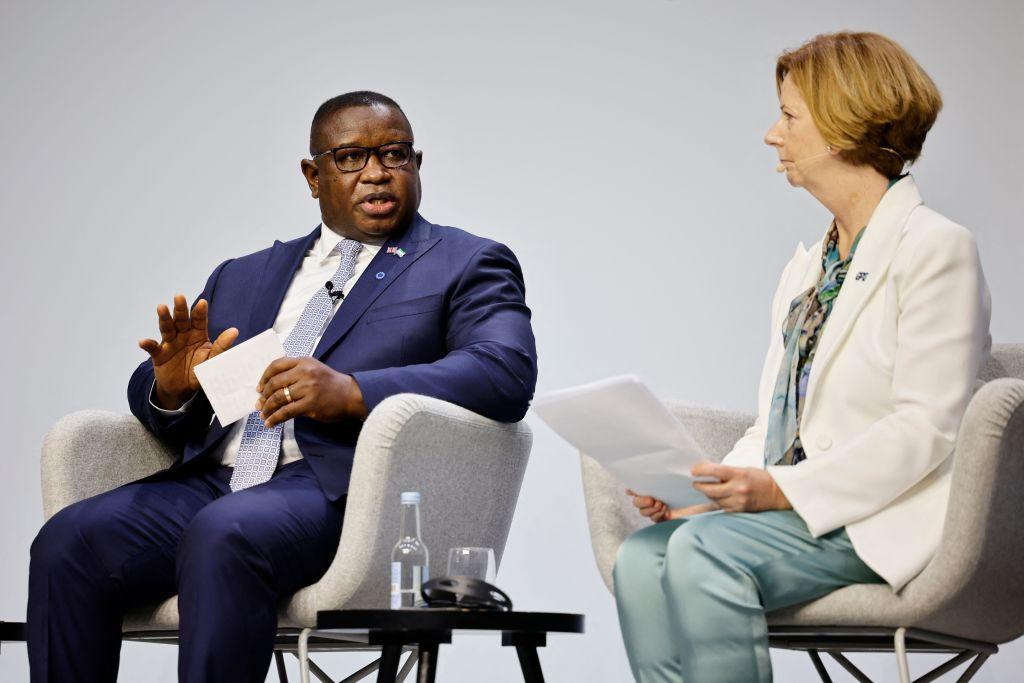
Australia’s commitment to supporting education initiatives in Africa has long been a cornerstone of its diplomatic approach to the continent. Over the years, Australians have pioneered several programs and partnerships aimed at fostering education and developing skills in various African countries. This effort isn’t only a gesture of goodwill. It’s a strategic investment in the future of the continent, and from scholarships to collaborative research initiatives, Australian projects have long been providing educational opportunities that bridge knowledge gaps, empower individuals and promote sustainable development.
But in recent pandemic-affected years, the sector has shrunk by 50%. In response, Australia’s Minister for Trade and Tourism Don Farrell has instructed the Joint Standing Committee on Foreign Affairs, Defence and Trade to initiate an inquiry into the tourism and international education sectors. The committee released an interim report in October, which argued for urgent market diversification, including for international education.
The provision of scholarships for African students to study in Australia has been a significant aspect of Australia’s engagement with the continent. While their numbers are a modest proportion of international students overall, the impact of over 45,000 African students in Australia between 2002 and 2021 can’t be understated. Scholarships offer invaluable educational and professional experiences that students use to contribute to the development of Africa when they return, whether they go on to work in agriculture, health, technology, governance or any other industry.
They also facilitate an exchange of ideas, cultures and experiences between Australian and African students that enriches the learning environment, promotes cross-cultural understanding and makes the teaching environment more vibrant and inclusive.
Australia’s interest in re-examining this reflects the federal government’s recognition of Africa’s strategic significance. Assistant Foreign Minister Tim Watts’s visits to Morocco, Ghana and South Africa in December last year and Ethiopia and Kenya in February this year show that. Australia’s diplomatic engagement can serve as a bridge to expand cooperation in education and economic growth in general.
Given its location between the Pacific and Indian Ocean regions, Australia has a strong interest in fostering stability, security and economic engagement in Africa. Recent trade tensions with China have shown Australia the importance of diversifying its export markets. Leveraging opportunities in Africa could create mutually beneficial partnerships in various sectors, easing reliance on any one market and broadening economic horizons.
Africa’s potential for economic growth and transformation is undeniable. With a burgeoning population, an expanding middle class and abundant natural resources, Africa has many attractive markets for Australian goods, services and investments. Strengthening economic ties won’t just mitigate trade dependencies—it will create jobs and make Australia more prosperous.
In the education sector, Australia’s work in Africa goes beyond scholarships. Initiatives such as the Australia Awards and the Australian Volunteers Program, and collaboration through networks such as the Australia Africa Universities Network, aim to develop skills and address shared educational challenges. These efforts encourage innovation and improve problem-solving across various disciplines.
The Australia Awards, the African Women in Agricultural Research and Development fellowships and other initiatives emphasise Australia’s commitment to building capacity while aligning with important Australian values like gender equality. The benefits of these programs aren’t limited to the students and professionals who engage in them; they have produced valuable research, policy recommendations and practical solutions for communities in Australia and across Africa.
But there’s massive potential to do more. It’s imperative for Australian policymakers to strategically consider diversification, identify interests and explore the possibilities for Australia in Africa. The Advisory Group on Australia–Africa Relations is one avenue that can be expanded to foster innovation and diplomatic exchange.
Sasha Hampson, a senior executive at the learning company Pearson Australia, has suggested that the potential scale of the student market in Africa is matched only by India and China, noting that Nigeria sends more students abroad than any other African country. While more than 100,000 Nigerian students studied abroad in 2022, less than 3% of them enrolled with an Australian institution.
At a recent gathering of Ugandans who studied in Australia held in Kampala, Australia’s high commissioner, Luke Williams, described educational exchange as the bedrock of Australia’s relations with the continent. The Australian government’s commitment to education and development in Africa is a long-term investment. It must go beyond episodic assistance and build sustainable ties for the long term that set Australia and African countries up for a more interconnected, prosperous future together. Some investments and partnerships are already laying the groundwork, but the government must consider every possible opportunity to deepen this collaboration.